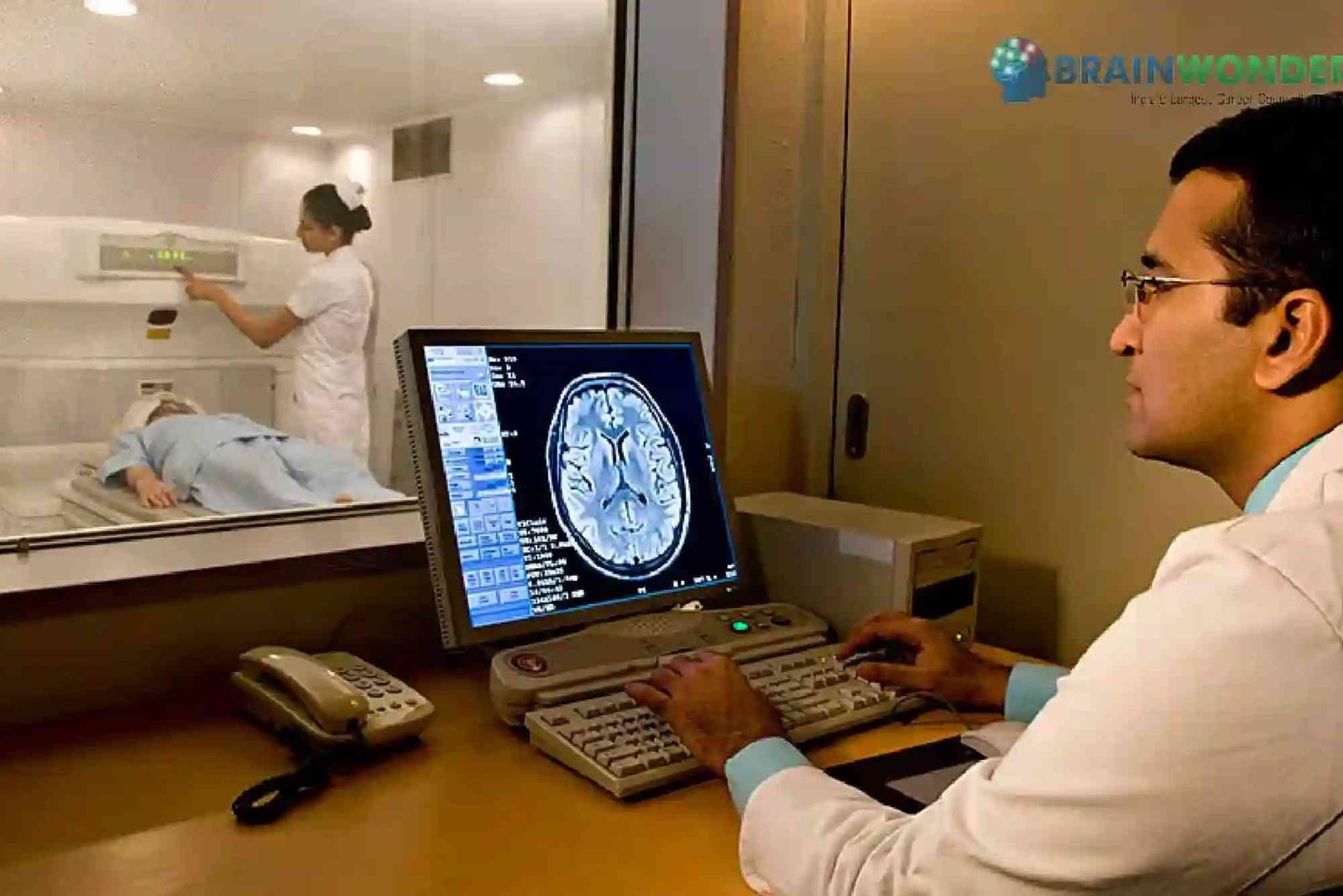Diploma in Neuro Technology Salary: A Comprehensive Career Overview
Pursuing a diploma in Neuro Technology can open doors to a rewarding career in the medical and healthcare sectors. This field focuses on diagnosing and treating neurological disorders, providing professionals with specialized skills and knowledge. A common question for aspirants is the salary potential and career growth this diploma offers. Let’s delve into the details.
Understanding Neuro Technology as a Career
Neuro Technology deals with advanced tools and techniques used to analyze brain activity and nervous system functions. Professionals in this domain are equipped to operate neuro-diagnostic equipment, assist neurologists, and ensure accurate diagnoses.
Skills Acquired During the Diploma
This diploma equips students with a strong foundation in neuroanatomy, physiology, and diagnostic technology. Students also gain practical expertise in handling equipment like EEG, EMG, and MRI scanners. These skills are highly valued in hospitals, diagnostic labs, and research centers.
Salary Potential with a Diploma in Neuro Technology
The salary for individuals with this qualification can vary based on several factors, such as experience, location, and the type of employer. Entry-level positions generally offer competitive starting pay, which increases with experience. Diploma In Neuro Technology Salary Professionals with advanced skills and certifications may command higher salaries, reflecting their expertise.
Factors Influencing Salary
- Experience: Experienced neuro technologists often earn significantly more than beginners.
- Location: Salaries can vary depending on whether you work in urban or rural settings.
- Employer Type: Private hospitals and specialized neuro clinics often offer better compensation compared to general healthcare facilities.
Career Growth Opportunities
With advancements in technology and an increasing focus on neurological health, the demand for skilled professionals in Neuro Technology is on the rise. Career growth can include roles in research, equipment specialization, and healthcare management.
Why Choose a Diploma in Neuro Technology?
- High Demand: An aging population and rising neurological issues have increased the need for skilled neuro technologists.
- Dynamic Work Environment: The role often involves working closely with advanced technology and medical experts.
- Satisfaction: Contributing to life-saving diagnoses and treatments provides immense personal satisfaction.
Future Prospects in Neuro Technology
As healthcare systems worldwide adopt more sophisticated neurological diagnostic tools, the career prospects in this field are set to expand. Opportunities for specialization in areas like neurophysiology, surgical assistance, and clinical research are becoming more common.
FAQs: Diploma in Neuro Technology Salary
Q1: What is the starting salary for a neuro technologist?
Starting salaries vary but are generally competitive within the healthcare industry.
Q2: Does location impact salary for neuro technologists?
Yes, professionals in urban areas often earn more due to higher demand and cost of living.
Q3: Is there room for growth in this career?
Absolutely, with experience and further specialization, salaries and career opportunities increase significantly.
Q4: What industries employ neuro technologists?
Hospitals, research labs, diagnostic centers, and medical equipment companies are common employers.
Q5: Can a diploma holder pursue further studies?
Yes, additional certifications or advanced degrees can enhance skills and salary potential.




